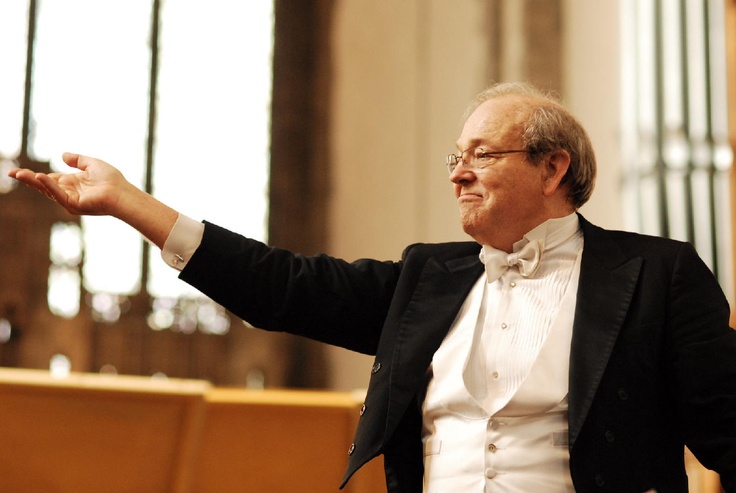Chicago Chorale offers refined performance of Bruckner mass

The vagaries of the music calendar have resulted in an unexpected Bruckner mini-festival this week. Tonight Zubin Mehta will lead the Israel Philharmonic Orchestra in Bruckner’s mighty Symphony No. 8 at Orchestra Hall. And Sunday afternoon the Chicago Chorale offered the Austrian composer’s Mass No. 2 in E minor at Rockefeller Cathedral.
For the pious Roman Catholic composer, music was, above all, a way of expressing his reverence for God. The spiritual element is apparent in the long ascending melodies and rarefied expression of Bruckner’s nonprogrammatic symphonies, and manifest to an even more explicit degree in his liturgical works.
More than with his other two works in the genre, the Mass In E minor looks back as well as forward. The work is more lightly scored then its brethren, calling for large double-choir but only a wind ensemble rather than full orchestra. The Mass in E minor’s dominant bracing polyphony traces a clear lineage back to Palestrina yet at the same time the rugged writing for brass and woodwinds is as intensely chromatic and even more modern-sounding than any of the jarring outbursts in Bruckner’s symphonies. (One conflicted critic of the time called the Mass in E minor “indecently alluring.”)
Artistic director Bruce Tammen has a clear feel for Bruckner’s music and directed a cohesive and deeply sympathetic performance Sunday. The long unfolding lines of the opening Kyrie had a “once upon a time” quality, rendered by the singers with lovely hushed tone in the ascending lines. Tammen underlined the spiky harmonies of the Credo with the brass and voices opening up majestically at “Et resurrexit,” the music accelerating and becoming more confident with “Et in Spiritum sanctum.”
The Chorale’s sopranos handled the high writing of the Sanctus securely, and the entire ensemble joined for the resounding climax with brass accompaniment. Tammen charted the somber opening of the Benedictus and drew burnished choral singing in the concluding Agnus Dei, the final pages breathing just the right expression of relaxed solace.
Tammen has built his Chicago Chorale into a terrific ensemble. At times one wanted more clarity than the vast space can bestow, but Sunday’s polished and sensitive performance was superb in nearly every respect. The wind playing was capable if a bit literal at times but didn’t get in the way of the performance or fine choral singing.
The first-rate singing is more impressive when one considers that the group is made up almost entirely of nonprofessionals. Chorale members hold down jobs ranging from accountant to physicist with several music teachers in the ranks.
The short first half served as an apt prelude to the mass with four brief motets. Josef Rheinberger’s Abendlied was a nice discovery, the lovely miniature receiving a glowing performance.
Tammen brought out the clarity of the fugal writing in Brahms’ Es ist das Heil uns kommen her. The devotional element of Mendelssohn’s Herr nun lassest du deinen Diener in Frieden fahren came through, mitigated sightly by an unsteady solo quartet.
Best of the miniatures was Bruckner’s beautiful Os justi, the sopranos handling the stratospheric tessitura with enviable ease.
The Chicago Chorale will perform music of Brahms, Poulenc, Vaughan Williams and Jerome Kern 2 p.m. May 18 at the Logan Center for the Arts. chicagochorale.org.
Posted in Performances


